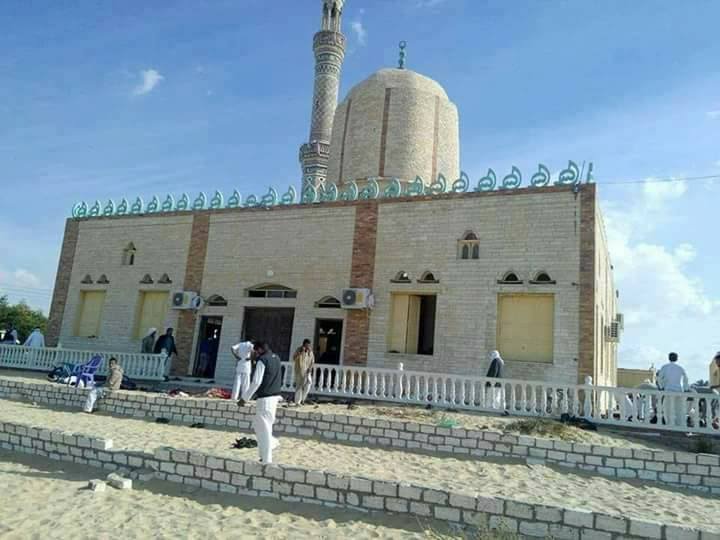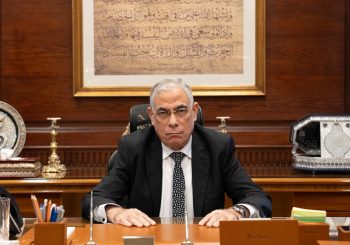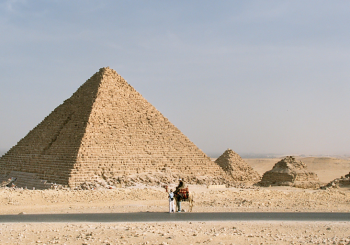In the deadliest attack of its kind in Egypt’s modern history, at least 235 people were killed and around 109 injured after unidentified terrorists carrying explosives and heavy weaponry stormed Al-Rawda mosque in the Northern Sinai city of al-Arish following the conclusion of Friday prayers.
Witnesses reported that the assailants set parked vehicles on fire near the mosque to prevent service personell from accessing it.
“They were shooting at people as they left the mosque,” a local resident who had relatives at the scene told Reuters. “They were shooting at the ambulances too.”
No one has yet claimed responsibility for the attack.
Local residents were reported as saying that the mosque regularly attracted followers of Sufism, a mystical branch of Sunni Islam.
Despite Sufi Muslims largely being accepted within the Muslims community across Egypt and the world, adherents to certain strains of extremist ideology and militant jihadist groups see them as “unbelievers.”
The North Sinai group known as Wilayat Sinai, which pledged allegiance to the Islamic State in November 2014, beheaded two Sufi clerics in 2016, one of whom was 98 years old, accusing them of “practicing witchcraft”.
Following the beheading, the group said that Sufis who did not “repent” would be killed.
A week prior to Friday’s attack, members of Wilayat Sinai told villagers to stop performing Sufi rituals in and around the al-Rawda mosque, a local source told Mada Masr. The source added that local residents had expected an attack to occurr immintently, which made them close off a nearby road as a precautionary measure.
Since 2013, following the end of former president Mohamed Morsi’s rule, over 1000 members of Egypt’s security forces have been killed in what has been described as a low-intensity war between the Egyptian state and Islamist insurgents.
Wilayat Sinai has claimed responsibility for more than 800 attacks since 2014, when its previous iteration, which went by the name of Ansar Beit al-Maqdis, announced its adherence to Abu Bakr al-Baghdadi and his Islamic State, according to the Tahrir Institute.
While the Islamic State has increasingly targeted Egypt’s Coptic Christians, which makes up approximately 10 percent of Egypt’s population, attacks on worshipping Muslims are rare.
Recently, a group in North Sinai has that goes by the name of Jund al-Islam has started asserting itself more forcefully. Adhering to al-Qaida ideology, it sees Wilayat Sinai as a rival group and has even carried out attacks against it.
In November it claimed responsibility for an attack against the IS-affiliate, stating that they are apostates for targeting civilians. The group pledged to eliminate Wilayat Sinai in Egypt, calling on it to stop killing fellow Muslims.
Although Wilayat Sinai is the most active militant group operating in North Sinai and despite its history of targeting Sufis, no group has yet claimed responsibility for the attack and it is thus too early to say anything final about who might have carried it out.







Comments (0)